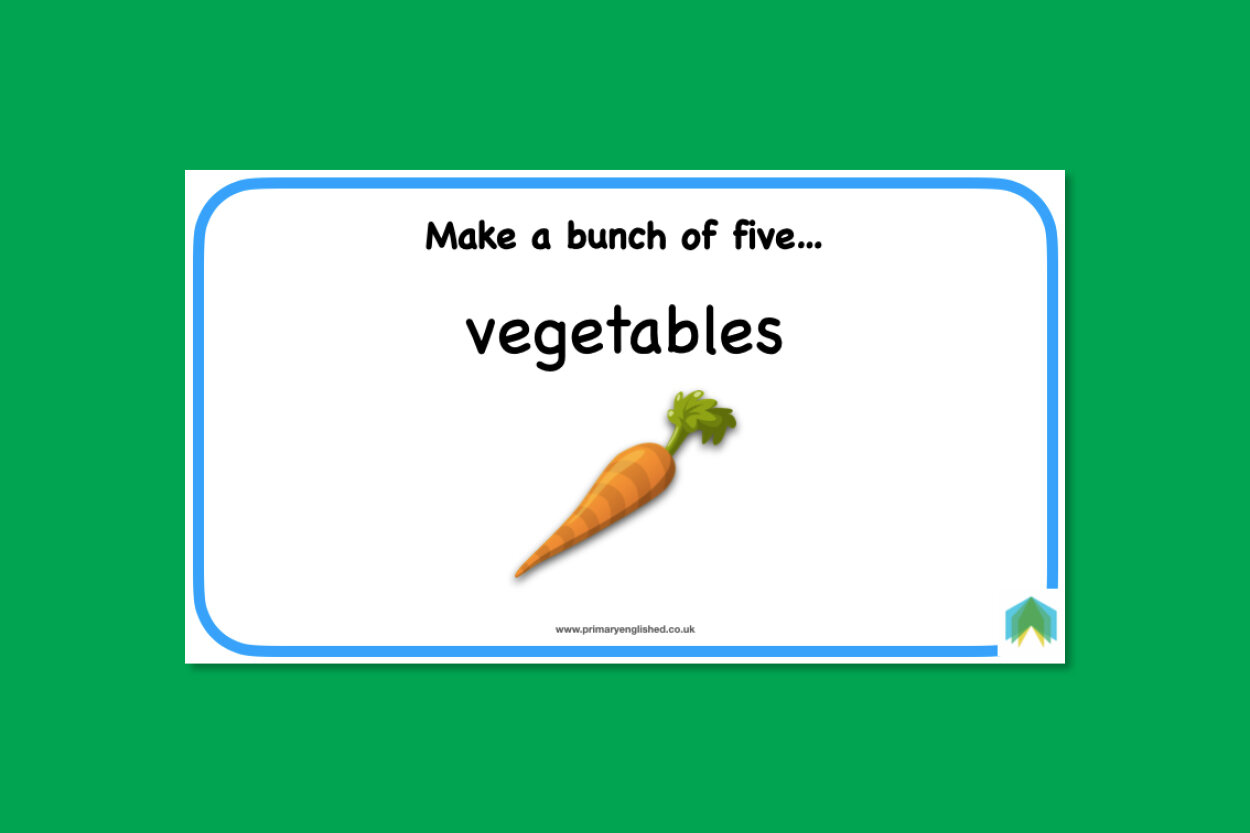Playing with Words (part deux)
A strategic approach to vocabulary learning
Explicit, planned, and strategic strategies for teaching vocabulary are at the core of the Primary English approach to teaching vocabulary. If you attend one of our vocabulary training sessions, we’ll walk you through the available research on vocabulary acquisition and provide you with a taste of some practical approaches for actively teaching vocabulary as part of your core English provision. This is the Primary English way; we’re practical, strategic and ultimately very sensible.
Incidental vocabulary learning
This said, we do like to have a bit of fun, and incidental learning is one of the ways we do this. On our vocabulary training courses, Taboo is one way we catch our attendees learning. If you’ve never played Taboo, it’s a fun game for activating known vocabulary by restricting players’ word choices by designating some words ‘taboo’. With the card below, players try to guess the word ‘sailor’ from their colleagues’ clues (which may not include, ship, sea, captain or ocean). Good synonym knowledge is invaluable: you can’t say ship but you can say boat. We’ve also found that activating understanding of the context of the word by saying ‘this is someone who navigates on a boat’ should prove to be a useful clue. And knowing that some of these people are called a ‘mate’ is a useful bit of general knowledge about the target word. This act of digging into the layers of meaning buried in a word is known as semantics. Semantics is a huge areas of linguistics that I am sure to under-explain here but it is concerned with word meanings. Not just the definitions of words but the connotations that arise from them and the categories and connections between words. ‘Word associations’ is a useful phrase to hang onto when thinking about semantics.
Taboo card
Vocabulary resources
Knowing how much our colleagues enjoy our playful approach to language learning, we’ve created a new resource suitable for morning work and the micro-gaps that appear in the school day; this time with a focus on semantic links: Bunches of Five. In this game, inspired by Sara Cox’s Radio 2 game, we ask children to think of five words, objects or ideas that belong in a given category. The pack includes 50 prompts suitable for children in KS2 that can be completed individually, in pairs or groups. We’ve not stipulated a time-frame because some children will benefit from thinking and talking time, but you may consider giving children limited time to inject some competitive urgency into the activity. The choice is yours. We think it’s great and feel you’re going to love it too.
In writing about Taboo I talked about having good synonym knowledge. A strategy that many expert Taboo players rely on is the use of antonyms. You’ll know that synonym and antonym knowledge are mentioned in Appendix 2 of the National Curriculum (the Vocabulary, Grammar and Punctuation section). With this in mind we created our Opposite Pairs activity.
There is significant crossover between spelling and vocabulary. Knowing the meaning of words, the meaning of individual morphemes (the units of meaning within words such as roots, prefixes and suffixes) and the origins (etymology of words) can help with spelling. Compound words are words constructed of two or more existing words to create a new word. Learning about them is specified in the spelling section of the National Curriculum, but here at Primary English we’ve celebrated their links to vocabulary learning by creating our bumper pack of Compound Conundrums. Perfect for morning work, homework or mental and oral starters, these fun quizzes get you and your children thinking creatively about compound words.
A range of playful approaches to vocabulary learning
As I said at the beginning of this article, Primary English is an organisation that focuses on planned, strategic approaches to vocabulary learning. However, this doesn’t stop us from spotting an opportunity to play with words. If you you’re looking for playful approaches to vocabulary learning, you may be interested in these posts:
Originally published on 20th January 2019, this article was updated in April 2021 and June 2022.





